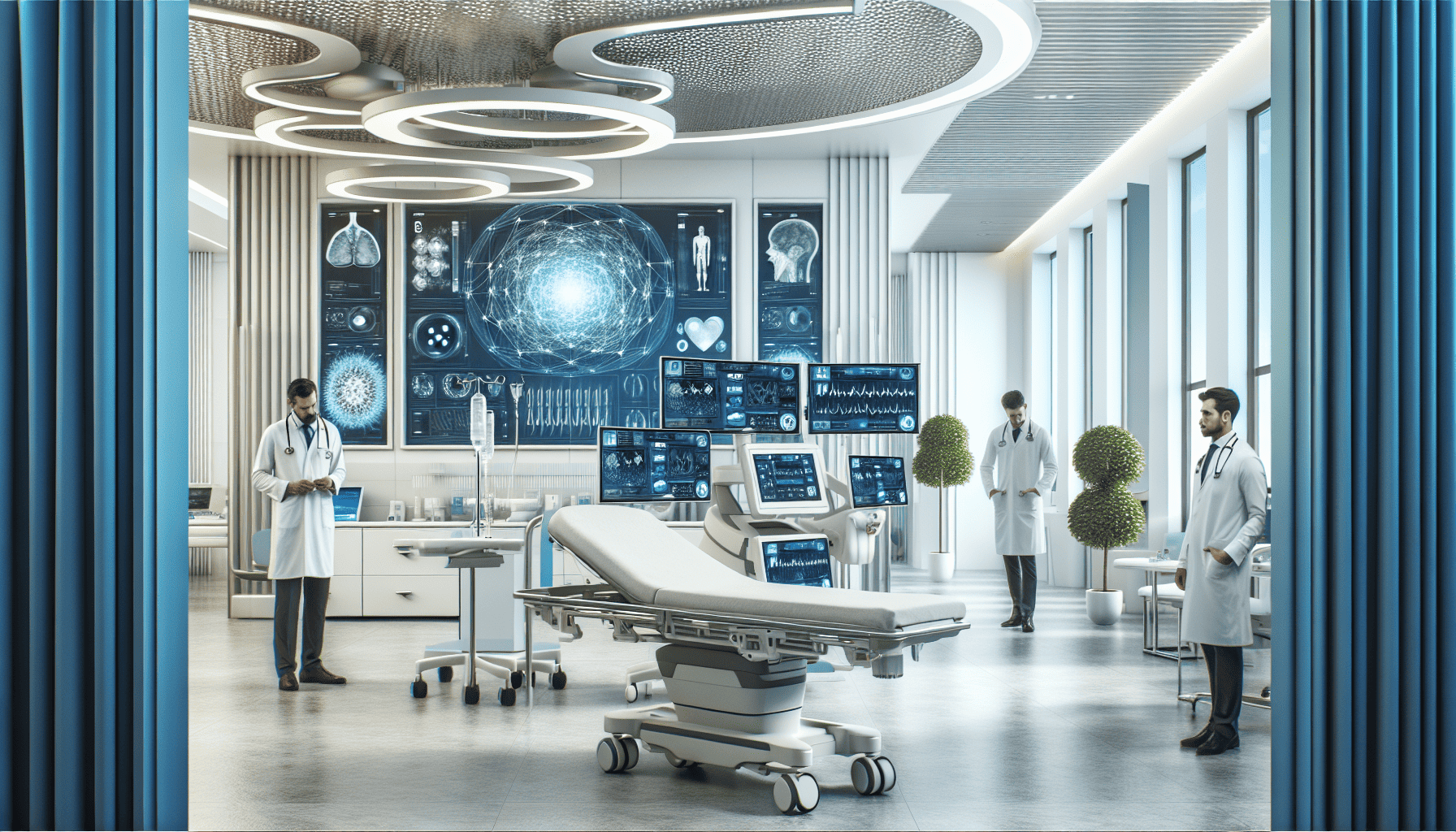Over the past decade, the healthcare industry has witnessed a remarkable transformation, driven by rapid advancements in medical technology and innovative healthcare solutions. These innovations are not only enhancing the quality of care but also improving patient outcomes, making healthcare more accessible and efficient. Let's explore some of the key advancements that are revolutionizing the healthcare landscape.
One of the most significant breakthroughs in medical technology is the development of telemedicine. Telemedicine allows healthcare providers to consult with patients remotely, using video conferencing and digital communication tools. This innovation has been particularly valuable in rural and underserved areas, where access to healthcare facilities can be limited. Patients can now receive timely medical advice and treatment from the comfort of their homes, reducing travel time and associated costs.
Artificial intelligence (AI) is another game-changer in the healthcare sector. AI-powered systems are being used to analyze medical data, predict disease outcomes, and assist in diagnosis. For instance, machine learning algorithms can process vast amounts of medical images, such as X-rays and MRIs, to identify patterns that may be missed by the human eye. This not only speeds up the diagnostic process but also increases its accuracy. Additionally, AI is being used to develop personalized treatment plans based on an individual's genetic makeup and health history, leading to more effective and targeted therapies.
Wearable technology is also making waves in healthcare. Devices such as smartwatches and fitness trackers monitor vital signs like heart rate, blood pressure, and sleep patterns in real-time. This continuous monitoring allows for early detection of potential health issues and provides valuable data for healthcare providers to make informed decisions. Moreover, these devices empower individuals to take a proactive approach to their health and wellness, encouraging healthier lifestyles and preventing chronic conditions.
Robotics and automation are transforming surgical procedures and patient care. Robotic-assisted surgery offers greater precision, smaller incisions, and faster recovery times compared to traditional surgery. Surgeons can perform complex procedures with enhanced dexterity and control, reducing the risk of complications. In addition to surgery, robots are being used in hospitals for tasks such as transporting supplies, disinfecting rooms, and assisting with patient mobility, enhancing efficiency and reducing the burden on healthcare staff.
Gene editing technologies, such as CRISPR-Cas9, are opening new frontiers in the treatment of genetic disorders. These technologies allow scientists to make precise modifications to an individual's DNA, potentially curing diseases at their source. While still in the experimental stage, gene editing holds promise for conditions like cystic fibrosis, sickle cell anemia, and certain forms of cancer. The potential to correct genetic defects and prevent hereditary diseases is a monumental leap forward in medical science.
Another noteworthy innovation is the advancement in electronic health records (EHRs). EHRs provide a comprehensive and unified record of a patient's medical history, accessible to authorized healthcare providers across different facilities. This seamless sharing of information improves coordination of care, reduces the likelihood of medical errors, and enhances patient safety. Additionally, EHRs enable healthcare providers to track and analyze patient data, leading to better population health management and evidence-based practices.
Lastly, the rise of 3D printing technology is making a significant impact in the medical field. 3D printing is being used to create customized prosthetics, implants, and even organs. This technology allows for the production of patient-specific devices that fit perfectly, improving comfort and functionality. Furthermore, 3D-printed models are being used for surgical planning, giving surgeons a better understanding of the anatomy they will be operating on, which enhances precision and outcomes.
In conclusion, the continuous advancements in medical technology and healthcare solutions are driving a paradigm shift in the way healthcare is delivered and experienced. From telemedicine and AI to wearable technology and gene editing, these innovations are breaking down barriers and creating new opportunities for improved health and well-being. As we move forward, embracing these advancements and integrating them into our healthcare systems will be crucial in providing the highest standard of care for patients worldwide.
